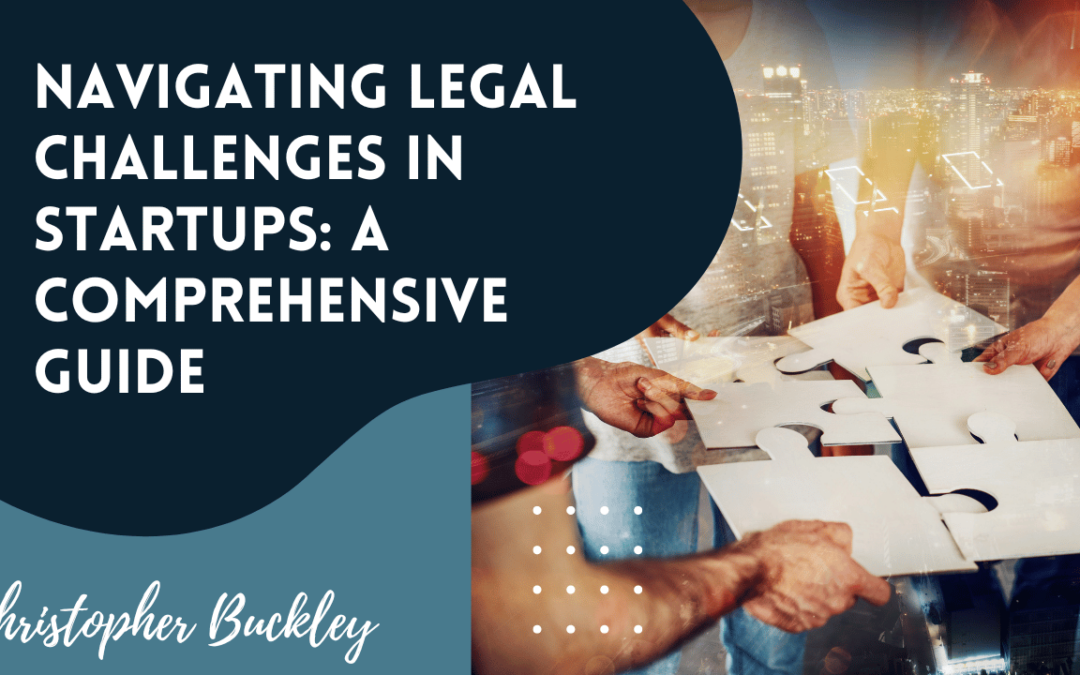Starting a business is an exhilarating journey, but it has its fair share of obstacles, especially when it comes to navigating the complex world of legal requirements. Startups, with their limited resources and the need to scale quickly, can find themselves particularly vulnerable to legal pitfalls. This guide sheds light on key legal challenges startups face and offers strategic advice on how to navigate them effectively.
Understanding Business Structure and Incorporation
One of the first legal decisions a startup faces is choosing the right business structure. This choice affects taxation, liability, and decision-making authority. The most common structures include partnership, sole proprietorship, LLC, and corporation. Each has its pros and cons, but startups looking to attract investors often prefer forming an LLC or a corporation to benefit from limited liability protection and more straightforward paths to raising capital.
Incorporation isn’t just about filling out paperwork; it’s a strategic step that establishes your business as a separate legal entity. This process involves registering with state authorities, drafting articles of incorporation, and creating bylaws. Failure to properly incorporate can expose founders to personal liability and complicate future business transactions.
Intellectual Property Protection
For many startups, intellectual property (IP) is their most valuable asset. Protecting IP—whether it’s a product, software, brand name, or business method—is crucial for maintaining competitive advantage and attracting investment. Startups should consider patents, trademarks, copyrights, and trade secrets as tools to safeguard their innovations. Conducting thorough IP due diligence early on can prevent costly infringement disputes and ensure the company’s creations are legally protected.
Navigating Contracts and Agreements
Startups frequently enter into various contracts and agreements with employees, contractors, investors, and partners. It is essential to draft these documents meticulously to define the obligations and rights of all parties involved clearly. Key agreements include founder agreements, employment contracts, nondisclosure agreements, and shareholder agreements. Missteps in this area can lead to disputes that drain resources and detract from business objectives.
Employment Law Compliance
As startups grow and begin to hire employees, they must navigate the complexities of employment law. This involves adhering to labor laws regarding hiring practices, wages, workplace safety, and discrimination. Noncompliance can result in penalties, lawsuits, and reputational damage. Misclassifying employees as contractors is a common violation.
Navigating the fundraising landscape
Raising funds is a crucial stage for most startups. However, it involves intricate legal procedures. Complying with securities laws, understanding the implications of equity financing versus debt financing, and negotiating terms with investors are all areas where legal advice is invaluable. Proper legal guidance can prevent founders from giving away too much equity too early or entering into unfavorable agreements that hinder future growth.
The legal landscape for startups is fraught with challenges, but with careful planning and expert advice, these obstacles can be navigated successfully. Startups should prioritize legal considerations from the outset, seeking guidance from experienced attorneys to ensure compliance and protect their interests. By addressing legal issues proactively, startups can focus on growth and innovation, laying a solid foundation for long-term success.

